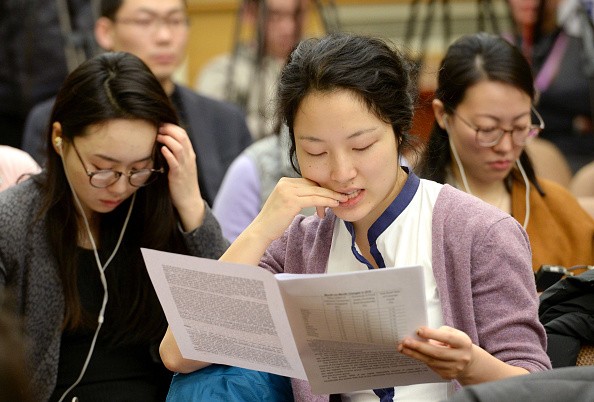In an effort to extend the influence of China’s state-run media all over the world, more Chinese war journalists are covering news in grounds where conflict is ripe, The Guardian reported.
According to Shixin Zhang, who wrote a book about Chinese war correspondents, China started to send war journalists to conflicts like the Gulf War about 20 years ago.
The race exploded in 2008, however, when the Chinese government announced the investment of 20 billion yuan to various state-media outlets like CCTV, Xinhua, China Radio International and the Communist party paper the People’s Daily.
The motivation behind the billion-yuan investment was to make the Chinese voice heard all across the globe.
That time, Huang Youyi, the vice president of China International Publishing Group, reportedly said, “The current struggle between East and West is mainly for the right to be heard,” according to The Guardian.
Now, a new crop of Chinese war journalists is traveling to conflict areas to cover news live and expand the reach of Chinese media.
Chen Xu, a 29-year-old journalist with a degree in Arabic from the Foreign Studies University in Beijing, began his career as a war correspondent in 2009 at Xinhua’s headquarters.
His first taste of covering conflict was in 2010, before the Arab Spring started, when his editors assigned him to work at the regional news desk in Cairo.
Chen, however, insisted that he wanted to be on the front line. In 2011, Chen covered the Israeli-Palestinian conflict for Xinhua.
China’s new generation of war reporters only has a few women, one of whom is Yuan Wenyi, who was rejected by her editors at Dragon TV to cover the Libyan revolution for being a woman. Wenyi prevailed, however, and has since reported from various locations, including Ukraine and Syria.
“My eyes help my viewers to see what war and conflict really is,” Yuan told The Guardian.



























